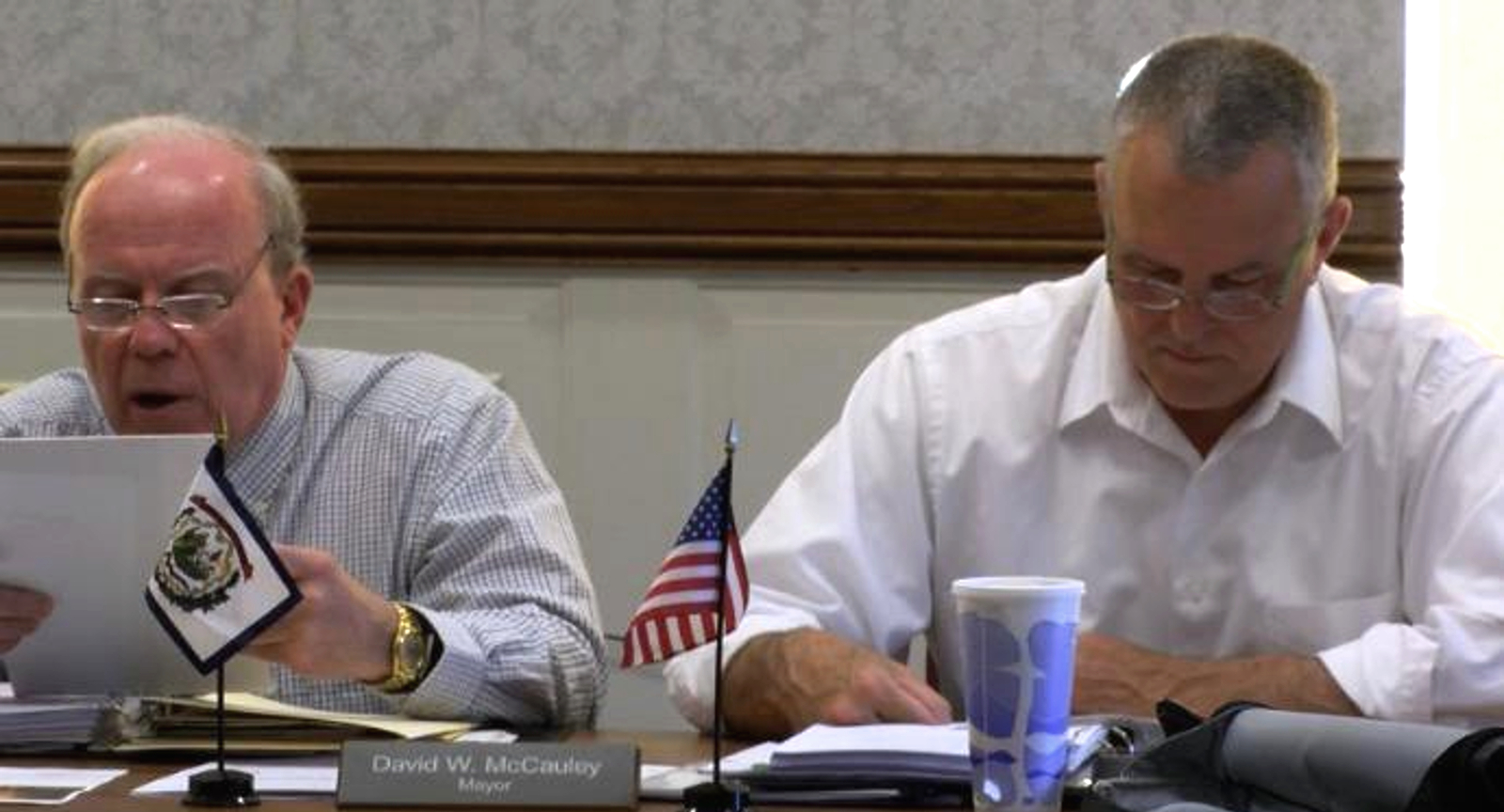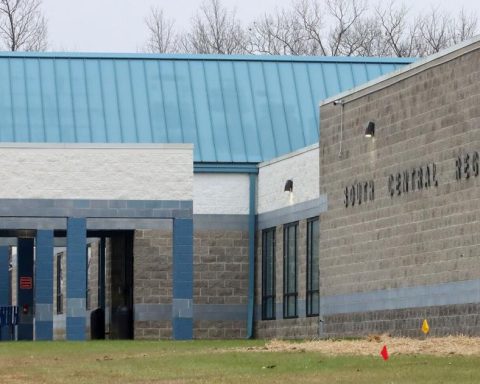Although there have been several articles about the City’s proposed Drug House Ordinance, there’s been little information regarding how the ordinance might affect both landlords and tenants. The ordinance was created, we’re told, as a way to rid the city of properties that are known to be havens for drug activities. I feel sure any responsible landlord or citizen would agree that we have a serious drug problem, and we’d like to find solutions to eliminate it, but how will this ordinance truly affect the overall problem?
It’s also worth noting that this new ordinance not only affects rented properties, it also applies to YOUR personal residence. If you, a family member, or visitor creates a violation of one of the identified offenses of this ordinance, the same rules apply to YOU as the homeowner of your own residence. Think about that!
While I don’t pretend to speak for all landlords, many have discussed a variety of concerns regarding the proposed ordinance, which recently passed on first reading, and will be presented for its second and final reading at this week’s City Council meeting.
Landlords representing over 600 area rental units attended council meetings and a town hall meeting where statistics were provided indicating there are probably 10-20 properties in the city limits with recurring drug related issues. The city cites some success with a similar ordinance in Martinsburg, but there are also reports indicating the ordinance has increased their homeless population as families are evicted when a household member is arrested. Sadly, there are no homeless shelters in our community so the family will be forced to move in with other family members, friends, perhaps find a rental unit out of the city limits, or seek a shelter in a nearby town.
Fellow landlords I’ve spoken with are well aware of and deeply concerned with the growing drug abuse situation in our community, and none desire to rent to individuals involved in those activities. The proposed ordinance, however, seeks to hold landlords’ personally and financially responsible for the behaviors of its tenants, primarily involving any illegal actions including a) prostitution, b) manufacture, sale, and possession of a controlled substance with intent to deliver and c) commission of a felonious assault while under the influence of an illegal substance. No one objects to the “intent” of the ordinance, but most refute its potential to truly address or reduce the problem.
How does it work? According to the latest version of the ordinance:
~ Landlords will be notified of the arrest of a tenant for any of the specified offenses (a good move)
~ If a second offense occurs in that unit by the same OR a different occupant, within 24 months, an order of abatement (eviction) is issued to the landlord to evict the tenant – without going thru Magistrate Court.
~ According to statements by the mayor and city attorney, landlords can evict a tenant “almost immediately” – despite a tenant not being convicted of any crime, without “due process” or the ability to present their case.
~ Since the ordinance applies to activities in each rental unit, a tenant “could be” evicted on their first offense if a prior tenant of the same unit had been previously arrested for one of these offenses – again without going thru the normal due process of Magistrate Court.
~ Landlords must abide by the ordinance or risk heavy fines ($100 – $1,000 per offense, per day), criminal penalties, and liens on their property, which the City admits, they could eventually take possession of.
~ Landlords were advised to better vet prospective tenants with more thorough background checks, and “avoid renting to anyone with a history of drug use” – as stated in both City Council & Town Hall meetings.
While it sounds like local landlords are the only one this ordinance affects … REMEMBER — this ordinance also applies to your personal residence as well, according to statements made at council meetings. Those who are in recovery and truly working toward a clean, sober, drug-free life will face even more obstacles and difficulty finding housing for them and/or their family, as most landlords simply won’t be willing to take that additional risk, esp. with the highly publicized relapse rate of many drugs.
Landlords are currently governed by W.Va. Landlord Tenant Laws, which provide for “due process” to both the landlord and the tenant, with the concept of “innocent until proven guilty,” which this ordinance ignores. According to the ordinance, once an order of abatement is issued to a landlord, they have a short period of time to eliminate the “nuisance.” There will be no hearings for tenants to state their case and no minimum waiting period to be evicted – a tenant could be evicted almost overnight apparently with no recourse, or none identified in the ordinance by order of the City’s Municipal Court.
Another concern is the very real potential increase in individuals or families becoming homeless as our community has no homeless shelter. If a parent is arrested for one of these offenses, the landlord would probably evict the entire family to be in compliance with the ordinance. Again, the ordinance applies to the rental unit, so if a prior tenant caused the first offense in that unit, a new tenant who is arrested now creates a second offense, requiring the landlord to evict the second tenant. If it sounds confusing … it is.












